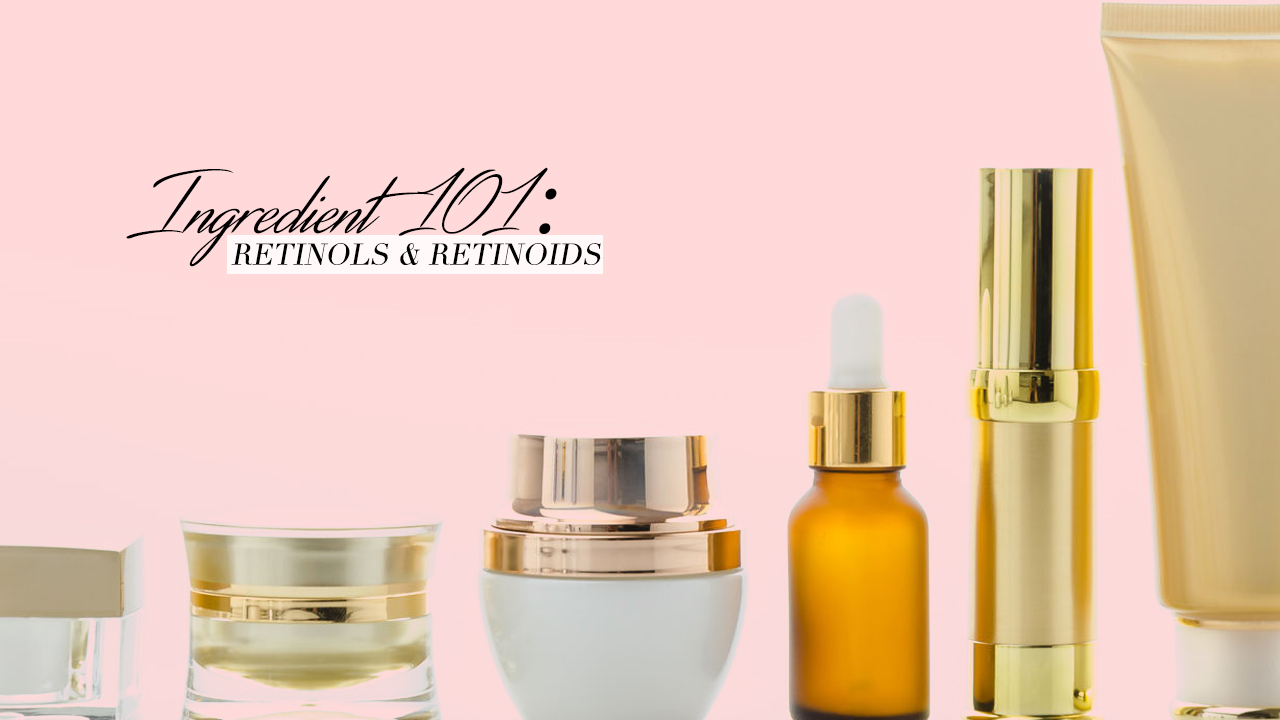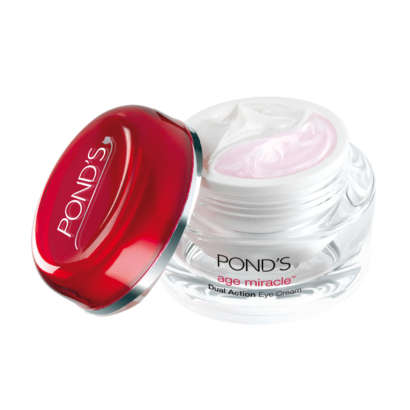
By: Cai Maroket
People on a quest for perfect skin have most likely come across retinol in the vast landscape of the skincare world. As uncommon as it is, though, it is no surprise that only a few have incorporated it into their routines, and chances are only a tiny, tiny minority have an inkling of what it can do for them. But before you jump right in and test it out, it is important to note that retinol in its very essence shouldn’t be taken lightly. Read up before you set out.
So what is retinol exactly?
Simply put, it is an active ingredient derived from Vitamin A that has many skincare benefits, but is most known for its age-defying and acne-fighting powers. Many people are probably acquainted with Accutane, an oral retinoid. Retinoid is a more potent, prescription-only version of retinol containing pure retinoic acid. Even though retinol and retinoid are generally considered harsh as they literally strip off the top layer and thin your skin out in the process, there are many readily available products on the market that are gentle for first time users.
What it can do for you
As far as benefits go, retinol runs the gamut in skincare. People with oily and acne-prone skin are the ones who have the most to gain from using this particular ingredient, especially since the surplus of sebum softens the harshness of retinoic acid, reducing the chance of irritation and redness. Topical application can unclog pores by exfoliating dead skin cells, which can prevent breakouts and acne scarring, as well as give the impression of smaller pores. When used in tandem with salicylic acid, usually in the form of a cleanser or moisturizers like La Roche Posay Effaclar K, it can greatly improve sebum regulation by drying out the excess oil.
If you’re also on the mature side, retinol is a great ally for keeping those fine lines and wrinkles in check as it encourages the production of collagen and hyaluronic acid in your skin, greatly improving your skin’s elasticity. Extra collagen production also helps with healing sun damage, so not only does retinol calm your laugh lines, it also gets rid of the annoying pigmentation that occurs from constant sun exposure. As a plus, when used before a heavy hydrating cream, it can help skin absorb moisture better. When used right, you’ll have skin as smooth as a baby’s bottom in no time.
What to avoid when using retinol
Even though many people consider this a miracle ingredient, there are many things to be cautious about. First of all, this is not the best thing for people with sensitive skin, unless they start off with derivatives, which don’t exactly contain retinoic acid like prescription retinoid (but contain elements that will be converted into retinoic acid once absorbed by your skin). But even for those with other, hardier skin types, introducing retinol to your life by using it every three days or so before gradually making it part of your daily routine is still ideal, paired with other skincare products that won’t dry your skin out. A pea-sized amount is enough. Overdoing it can leave anybody a red, peeling mess.
Other things to keep in mind:
• Always use a sunscreen or products heavy on SPF when using retinol as it causes sun sensitivity. Doctors advise people to limit their use of retinol to nighttime (which is why most retinols are sold as night creams like No. 7 Protect & Perfect Intense Night Cream and L’Oreal Paris Revitalift Dermalift Night Cream), unless using a retinol day cream with SPF in it, like Pond’s Age Miracle Day Cream Cell Regen.
• Retinol itself has exfoliating effects so it is best to stay away from other types of exfoliators and peels when in use, or else you might aggravate your skin. If some of these products are a must for you, make sure you don’t use them the same night.
• Vitamin C and retinol are not a good mix as they neutralize each other’s anti-aging properties.
• Most retinols aren’t formulated to suit the eye area, so stick to ones that are specifically made as eye creams such as Pond’s Age Miracle Eye Cream Dual Action.
• It is best to avoid use of retinoids when pregnant as it is easily absorbed into the bloodstream and a handful of studies show that retinoids can cause birth defects.
• When it comes to storage, do not purchase any retinol products in clear containers, as sunlight renders them inactive.
It’s crucial to note that like many powerful products targeting acne problems, skin will flare up at the beginning of use before gradually improving. It’s part of the process and shouldn’t be a reason for you to discontinue use. And, like with most things, moderation is key and a professional’s input is important.




